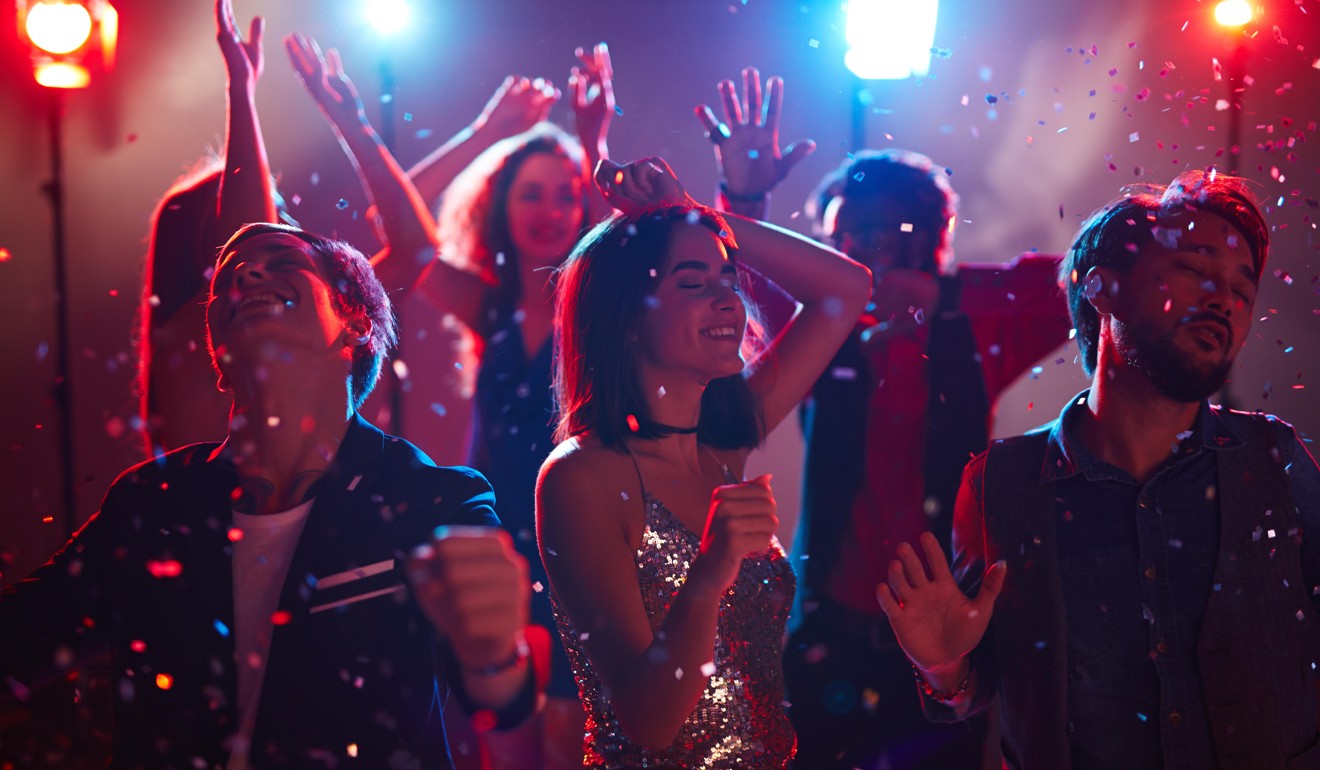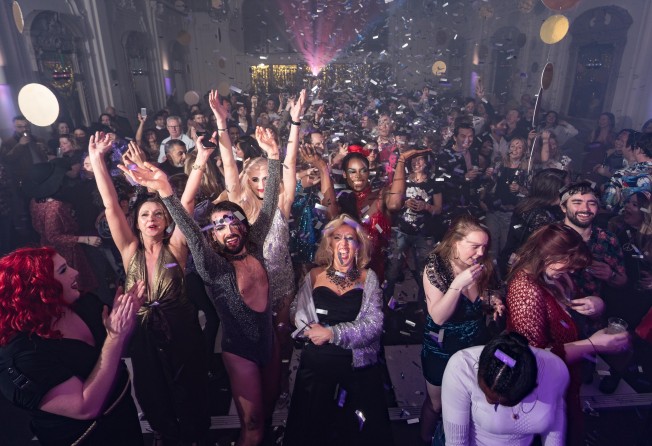
Silent night out? Christmas partygoers urged to wear earplugs to protect hearing
- Specialists say wearing ear plugs won’t spoil your fun and can prevent permanent damage from loud music

Wham!’s Last Christmas and other festive hits blasting through speakers could damage your hearing, according to a charity that is urging people to wear earplugs at festive events.
Action on Hearing Loss says people should try to minimise the risk of tinnitus and hearing loss when flocking to pubs, bars or concerts, warning that the concentration of events during the Christmas party season poses a particular risk.
Gemma Twitchen, a senior audiologist at the charity, said: “We don’t want people to stop going to music events and parties – that’s not what this is about. There is a misconception that if you wear earplugs you can’t hear or enjoy the music, but this is simply not true. Earplugs will block out the dangerous sound frequencies, still allowing you to listen to the music and enjoy it.”

Exposure to loud noise can damage the hair cells in the cochlea, leading to tinnitus and hearing loss. Tinnitus is often described as a ringing in the ear but people can also hear buzzing, whistling or whooshing sounds.
The condition can be linked to age-related hearing loss, as well as being exposed to loud noise.
While ringing in the ears is not an uncommon experience after a night out in a noisy venue, the symptoms can last anywhere from 24 hours to being permanent. Action on Hearing Loss estimates 6 million people in Britain are living with the sensation permanently and for one in 10 of those (600,000) it has a serious impact on their quality of life.
Once it’s damaged, hearing can’t be fixed
The charity says the safe exposure time to listen to music at 85dB, which is equivalent to the sound of a food processor, is eight hours. For sounds of 110–120dB, as in nightclubs, even a short exposure time of 15 minutes can cause hearing damage, it warns.
People who experience symptoms for longer than 24 hours are advised to visit their GP. There is no cure for tinnitus but treatment can help manage the condition.
Action on Hearing Loss says modern earplugs are discreet “and don’t get in the way of having a good time”. It also advises people not to stand too near speakers for a prolonged amount of time and to take breaks from the noise.
David Stockdale, the chief executive of the British Tinnitus Association, said drinking water might also help.
“It’s always important to be mindful of noise levels throughout the year, but particularly during the festive season when many of us are out socialising in busy bars and restaurants and cranking up the Christmas tunes at home, too,” he said. “Tinnitus can be caused by exposure to overly loud music and noise, so protecting your hearing is not only important, it’s essential. Once it’s damaged, hearing can’t be fixed – but it’s important to note that tinnitus from over exposure to loud sounds can be prevented.”